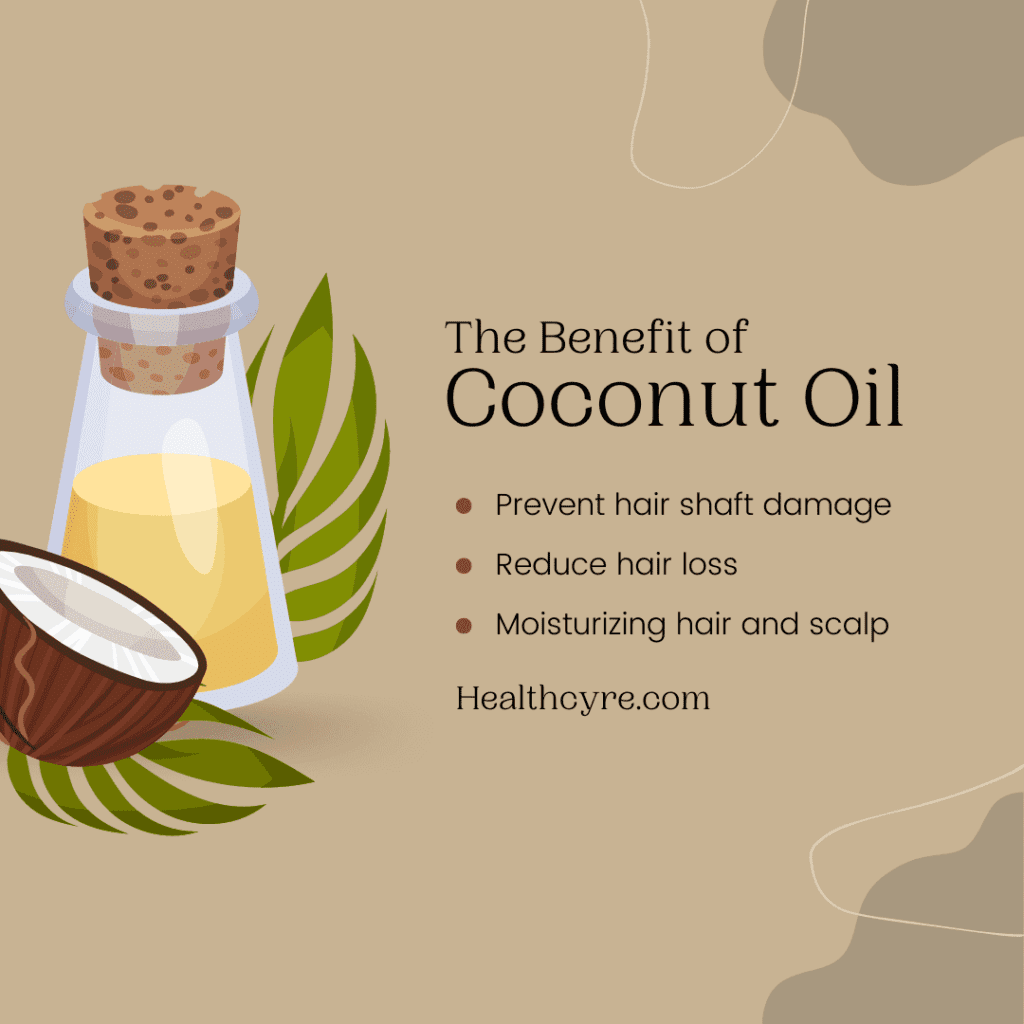In recent years, Teeth oil, the best coconut oil, has gained tremendous popularity for its myriad health benefits. Beyond its culinary and skincare uses, coconut oil has emerged as a natural remedy for oral health. This article delves into the various ways coconut oil can improve your dental hygiene and overall oral well-being.
Table of Contents
What is coconut oil?

A vegetable-based oil called coconut oil is made from the meat of fully-grown coconuts. fatty acid, caprylic acid, and capric acid are only a few of the medium-chain fatty acids (MCFAs) that are abundant in them.
Historical Use of Coconut Oil for Oral Health
Oil therapy for dental health has been used for thousands of years. An age-old Ayurvedic practice known as “oil pulling” involves swishing oil about the mouth to enhance dental hygiene and eliminate impurities. Because of its strong antibacterial qualities and delicious flavor, coconut oil is a popular option for oil pulling.
How Coconut Oil Benefits Oral Health

1. Reduces Harmful Bacteria
Hundreds of bacteria live in the mouth, some of which can cause gum disease, tooth decay, and foul breath. Coconut oil’s lauric acid is very good at eliminating dangerous microorganisms. According to studies, swishing with coconut oil can dramatically lower the amount of Streptococcus mutans, the bacterium that causes tooth decay.
2. Prevents Plaque and Gingivitis
A hard layer of germs called plaque develops on teeth. It can become white if left unchecked, which can cause gum disease, the first stage of gum disease. The antimicrobial qualities of coconut oil aid in lowering plaque development. Regular coconut oil pulling helps reduce gingivitis brought on by plaque.
3. Combats Bad Breath
Bacteria in the mouth can lead to halitosis or foul breath. The antibacterial properties of coconut oil aid in the removal of foul breath. In addition to eliminating bacteria, swishing with coconut oil hydrates the mouth and helps avoid dry mouth, which is another major source of foul breath.
4. Whitens Teeth Naturally
A lot of individuals look for natural teeth-whitening options instead of chemical ones. Because coconut oil removes stains and plaque, it can help whiten teeth. Frequent oil pulling will progressively lighten your teeth’s hue, giving you a whiter smile without the harsh chemicals of store-bought whiteners.
5. Promotes Gum Health
Gum health is essential to overall dental health. The anti-inflammatory qualities of coconut oil relieve and repair inflamed gums. By promoting gum health and reducing inflammation, regular usage of coconut oil helps stave off diseases like the condition and gum disease.
How to Use Coconut Oil for Teeth

Oil Pulling
Oil pulling is a simple and effective way to use coconut oil for oral health. Here’s how to do it:
- Measure a tablespoon of coconut oil.
- Swish the oil in your mouth for 15-20 minutes. Ensure the oil reaches all parts of your mouth.
- Spit the oil into a trash can. Avoid spitting into the sink, as coconut oil can solidify and clog pipes.
- Rinse your mouth with warm water. You can use salt water for additional benefits.
- Brush your teeth as usual.
Coconut Oil Toothpaste
Another way to incorporate coconut oil into your oral hygiene routine is by making your own toothpaste. Here’s a simple recipe
- 2 tablespoons of coconut oil
- 2 tablespoons of baking soda
- 10–20 drops of peppermint essential oil
Mix these ingredients until they form a paste. Use this natural toothpaste to brush your teeth regularly.
Scientific Evidence Supporting Coconut Oil for Oral Health
Coconut oil’s advantages for dental health have been the subject of several studies. According to research in the Journal of Contemporary Dental Practice, using coconut oil for oil pulling dramatically decreased the development of plaque and gingivitis brought on by plaque. A further investigation published in the Nigerian Medical Journal suggested that using coconut oil as an adjuvant treatment might help with oral hygiene maintenance.
Coconut Oil vs. Commercial Mouthwashes
Commercial mouthwashes are good at killing germs and improving breath, but they frequently include alcohol and other ingredients that irritate and dry out the mouth. As a natural substitute, coconut oil provides a kinder solution free of these negative consequences. Furthermore, coconut oil offers advantages that commercial mouthwashes do not usually deliver, such as tooth whitening and gum health promotion.
Potential Side Effects and Precautions
While coconut oil is generally safe for oral use, it’s important to consider a few precautions:
- Allergies: Although rare, some individuals may be allergic to coconut oil. If you experience any adverse reactions, discontinue use immediately.
- Digestive Issues: Swallowing large amounts of coconut oil can cause digestive discomfort. Always spit out the oil after swishing.
- Consistency: For best results, incorporate coconut oil into your oral hygiene routine consistently. Occasional use may not yield significant benefits.
Additional Tips for Maintaining Optimal Oral Health

While coconut oil is an excellent addition to your oral hygiene routine, it’s important to maintain a comprehensive approach to oral care. Here are some additional tips to keep your mouth healthy:
1. Brush and Floss Regularly
Brush your teeth at least twice a day and floss daily to remove food particles and plaque that brushing alone cannot reach. This prevents cavities, gum disease, and bad breath.
2. Use a Mouthwash
Use a natural mouthwash without alcohol to help kill germs and improve breath freshness. For further antimicrobial advantages, look for mouthwashes that contain essential oils like peppermint or tea tree oil.
3. Maintain a Healthy Diet
Eat a well-balanced diet high in minerals and vitamins to promote dental health. Natural tooth cleaning is aided by crunchy fruits, vegetables, and foods rich in calcium and vitamin D.
4. Stay Hydrated
Drinking plenty of water throughout the day helps wash away food particles and bacteria, maintaining a cleaner mouth. Water also helps prevent dry mouth, which can lead to bad breath and an increased risk of cavities.
5. Visit Your Dentist Regularly
Schedule regular dental check-ups and cleanings every six months. Professional cleanings remove tartar and plaque buildup that regular brushing and flossing cannot, and your dentist can identify and treat any oral health issues early.
Conclusion
Your teeth and gums might benefit greatly from using coconut oil in your dental hygiene regimen. Coconut oil is a multifaceted and all-natural solution for improving oral hygiene. It may be used to fight bad breath, prevent plaque, reduce dangerous germs, and support healthy gums. You may attain ideal oral health and a brighter, healthier smile by using coconut oil in addition to routine brushing, flossing, and dentist appointments.

1 thought on “Coconut Oil for Teeth: A Comprehensive Guide to Oral Health Benefits”